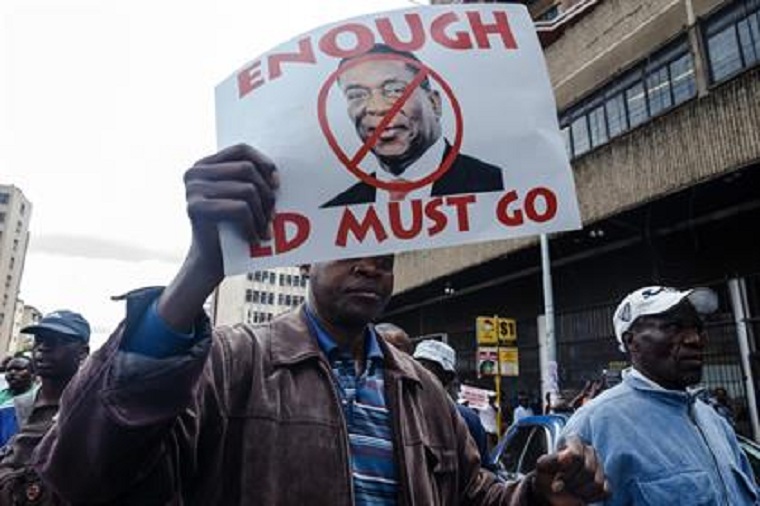Funding Obstacles
¶8. (c) The main obstacle to much of this support is the Brooke-Alexander Amendment and 620(q), legislation prohibiting assistance to the GOZ because of its default on official US loans. Overcoming Brooke-Alexander and 620(q) requires that the GOZ become current on outstanding debt to the US, or obtain a waiver. GOZ arrears on two ExIm Bank loans total about $17 million and on a USAID loan about $127,000. Understandably, an incoming transition government would not make a priority of paying down the ExIm arrears.
Thus, we recommend that the GOZ pay off the small USAID arrears and receive a waiver of the Brooke-Alexander and 620(q) restrictions for the ExIm loan. Additionally, we might wish to report to Congress on how changes in Zimbabwe impact upon Zimbabwe Democracy Act (ZDERA) implementation.
Post suggests the US undertake a comprehensive legal analysis of this option now and, for rapid response, have a strategy already in place as soon as Mugabe departs.
Comment
¶9. (c) We have outlined “day after” recommendations above. Following free and fair elections, the U.S. could do a great deal more. We assume only a democratically-elected government will be able to tackle Zimbabwe’s most daunting issues, such as rationalizing land reform, privatizing inefficient parastatals and restarting International Monetary Fund and World Bank support. At that point, the US could reengage Zimbabwe across the spectrum – granting debt relief, redeploying the Peace Corps, offering AGOA membership, including the country in President Bush’s HIV/AIDS initiative, restoring International Military Education and Training (IMET) and lifting all sanctions. There will be ample time to plan for this during the transition phase.
¶10. (c) While the above appears the most likely scenario, we would wish to be flexible in case the transition government is able and willing to undertake more thorough and comprehensive reforms. (After all, it would likely be far easier to roll back land redistribution abuses with ZANU-PF collaboration than with ZANU-PF opposing such changes from the outside.) In the event of a seriously reformist transition government, we would also wish to encourage agreement with the International Monetary Fund/World Bank and to consider use of the US Treasury Exchange Stabilization Fund as a bridge to an IMF loan.
SULLIVAN
(630 VIEWS)


Pingback: Why Tagwirei is being targeted by US billionaire-funded media outlets – HourlyHits